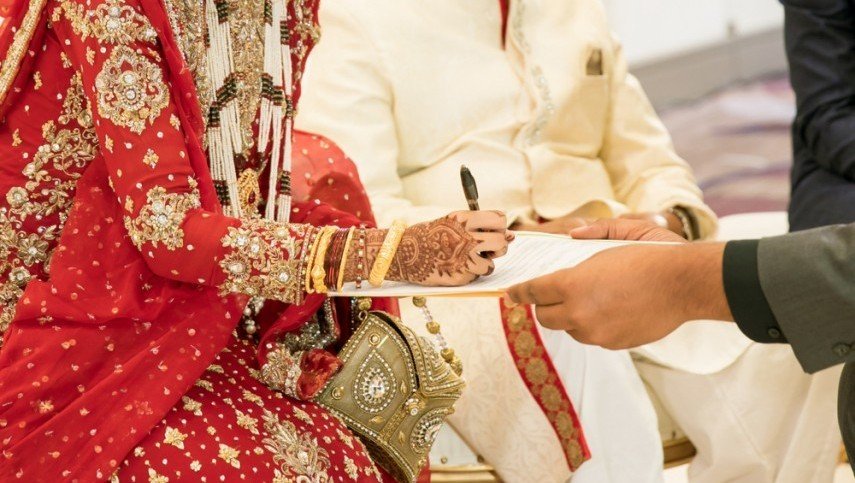Every religion in the Indian nation has been governed by its respective personal laws. It would be inclusive of property rights. However, Muslims in the nation do not have confided property rights. It would not be wrong to suggest that they have been broadly governed by the two schools, i.e., the Shia and the Hanafi, of the Muslim personal law. The Hanafi School would only recognize those relatives as their heirs whose relation to the deceased is through the male member. It would be inclusive of the daughter of the son, son of the son, and the mother of the father. On the other hand, the Shia school prefers no such discrimination. It implies that heirs related to the deceased through the female member are also accepted.

Property rights of the daughter in father’s property
Under Muslim law, the inheritance rules are relatively strict. When it comes to the rights of the children in the property of the father, the son would take twice the share of the daughter. However, the daughter would be the absolute owner of the entire property inherited by her. In the event, there is no brother; she would get half the share. She would be legally entitled to manage, control, and to dispose of it, as and when she deems fit.
She would also be entitled to gifts from the ones she would inherit the property from. It has been contradictory, as she could inherit only one-third of the person’s share, but could receive gifts without any problem.
Until the daughter has not been married, she would enjoy the right to stay in the house of her parents and receive maintenance. In the event of a divorce, the parental family would be charged with maintenance after the iddat period has been over. However, if her children were in the position to support her, they would be charged with her maintenance.
Under Muslim law, the rules of inheritance would be dependent on the kind of property involved. In the event of non-testamentary succession (no will), the Muslim Personal Law (Shariat) Application Act, 1937 is applicable. Alternatively, when a person dies after creating a will, the inheritance would be governed under the relevant Muslim Shariat Law, applicable to both Shias and Sunnis.
For distribution of property under the Muslim law, rest assured it could be done in two ways, inclusive of per capita or per strip distribution. It would be pertinent to mention here that per capita distribution has been popularly used in Sunni law. According to the per capita distribution, every person’s share would be dependent on the number of heirs. The heir would not represent the branch from which he inherits.
When using per strip distribution, usually recognized among Shias, every heir would receive an equal distribution of the estate. Therefore, the quantum of inheritance would be dependent on the branch along with the number of persons belonging to the branch.
It would not be wrong to suggest that under Muslim law, the daughter, regardless of being married or not, the daughter’s right to father property after marriage in Islam would be absolute. She could claim her share in the property of the deceased father.







